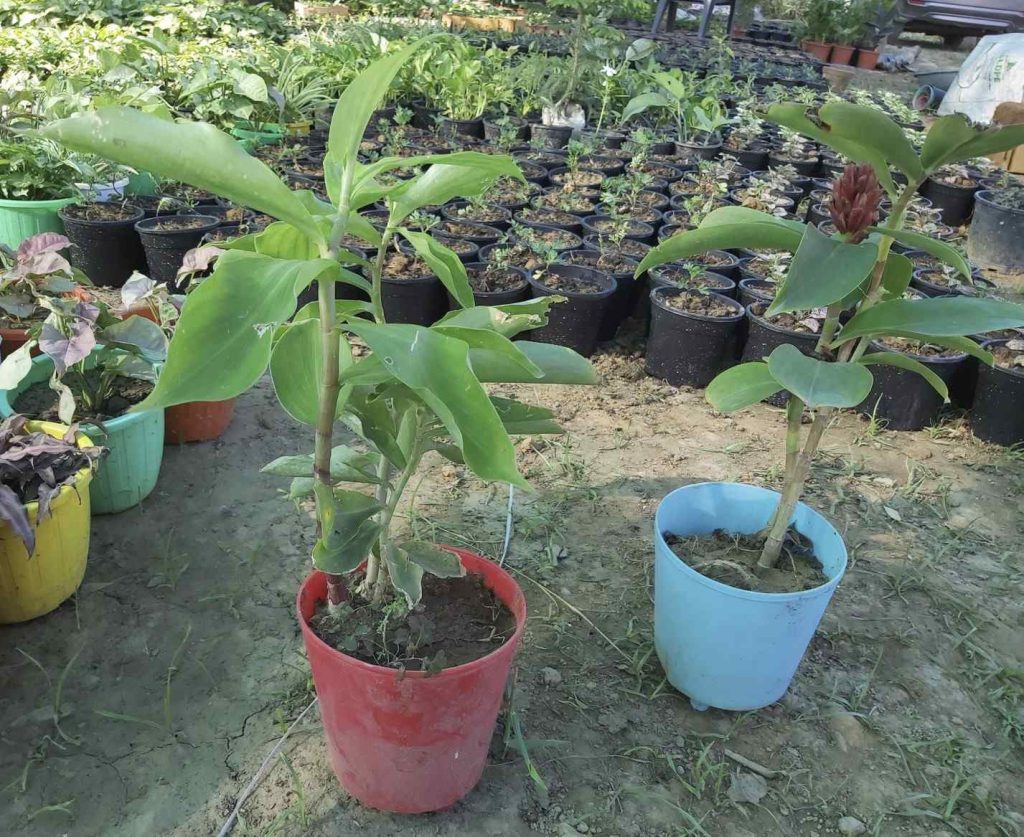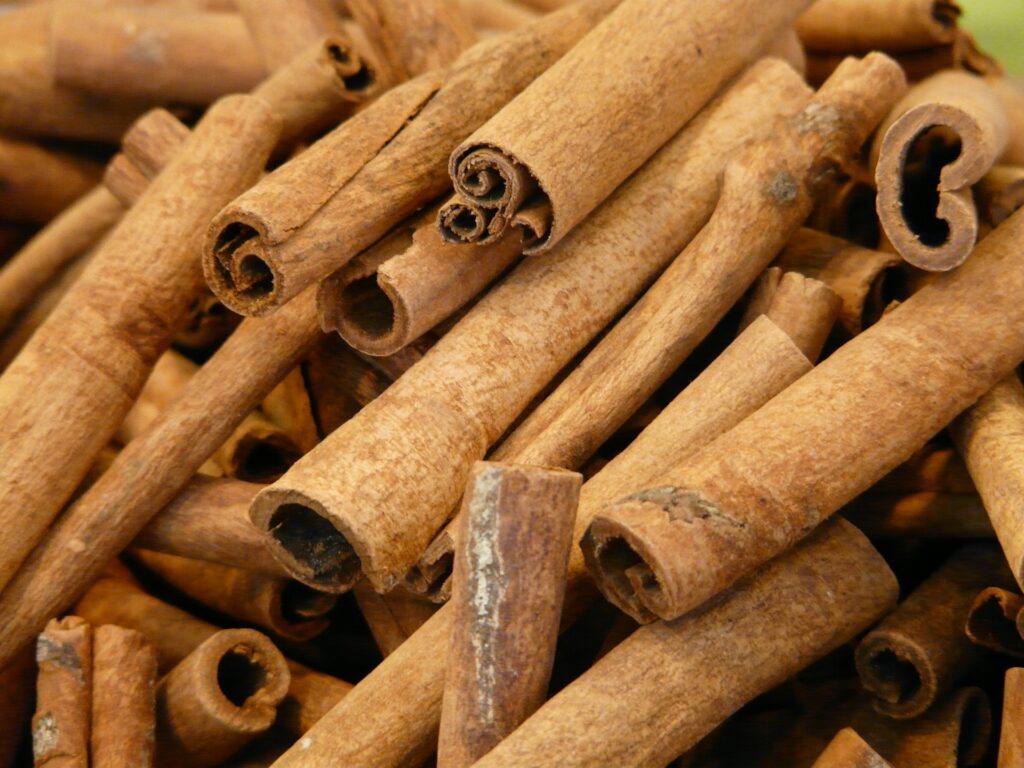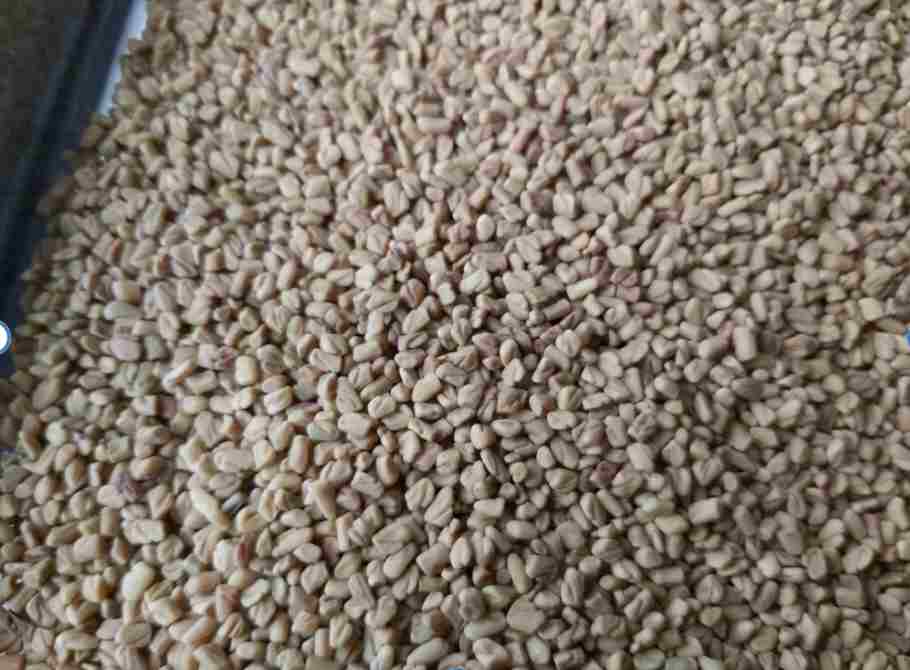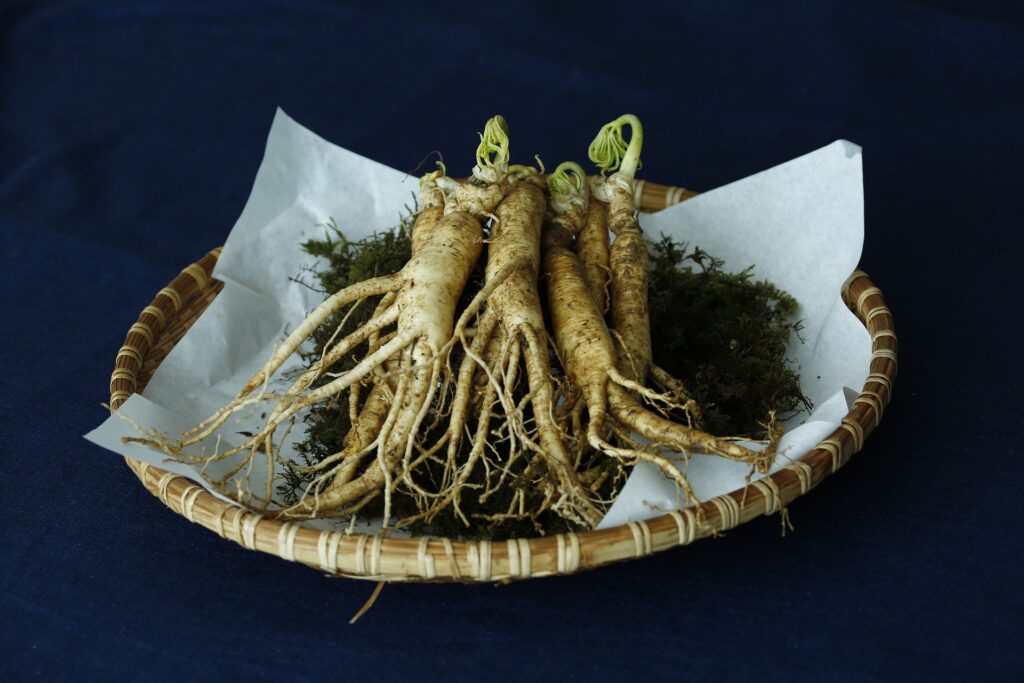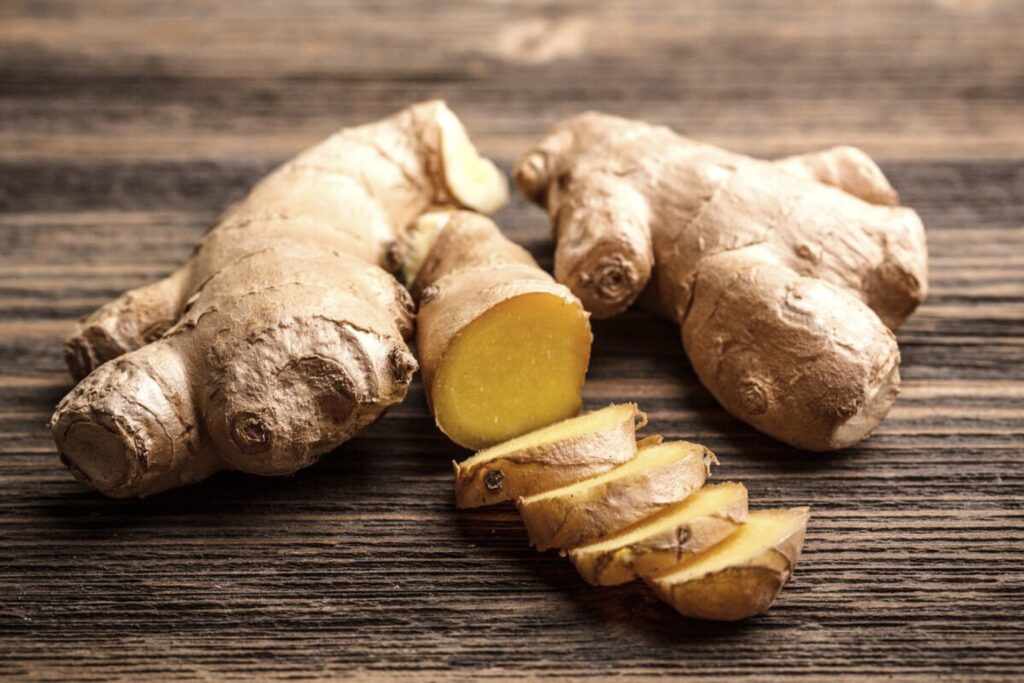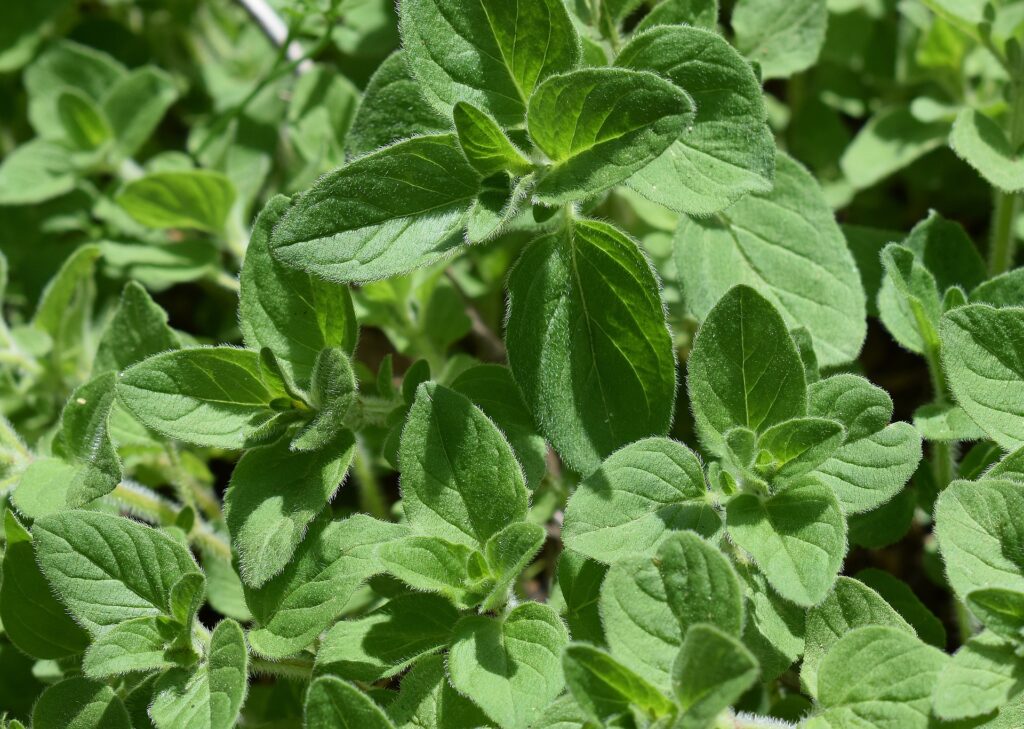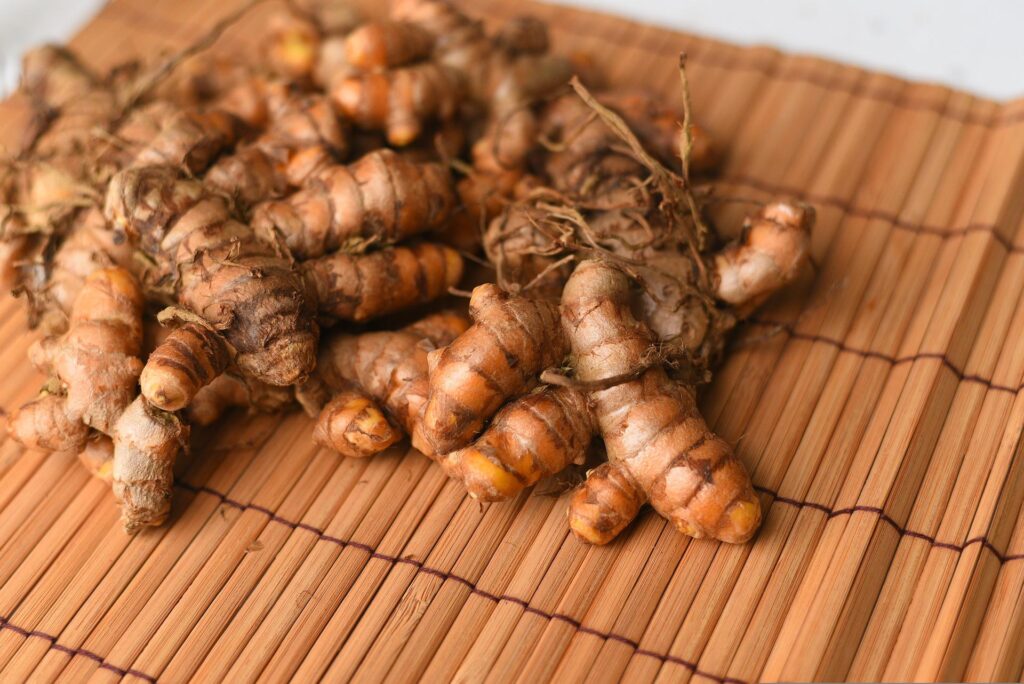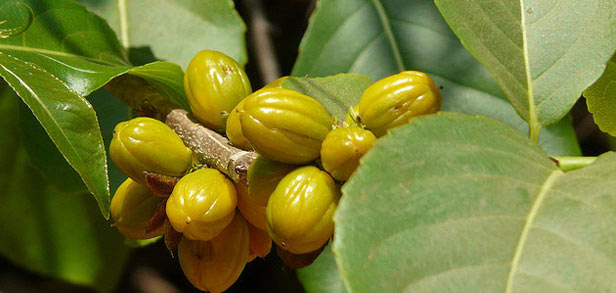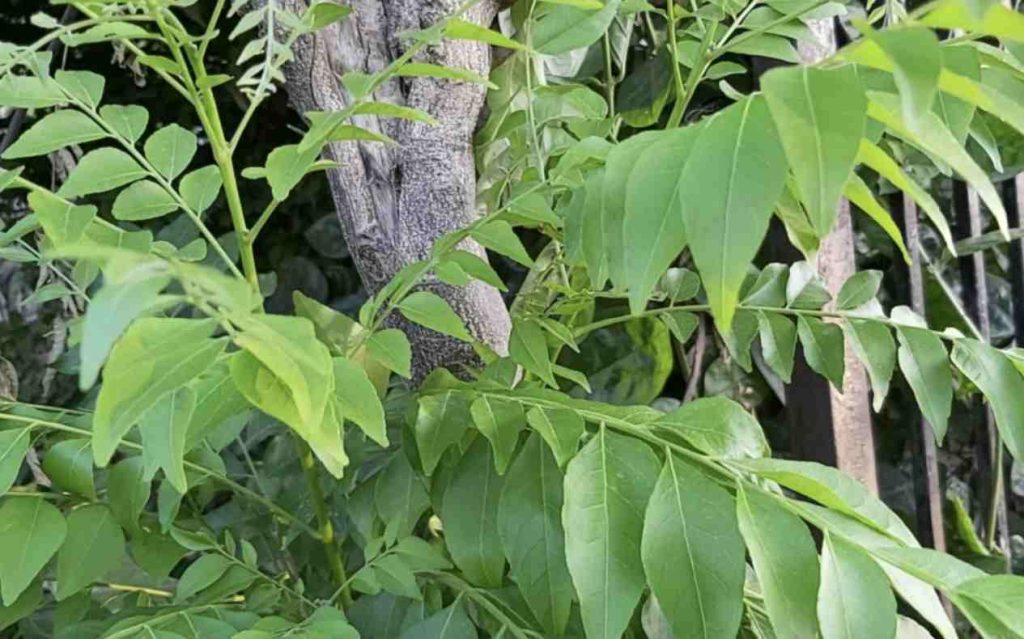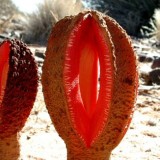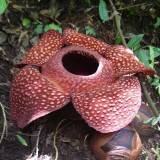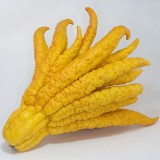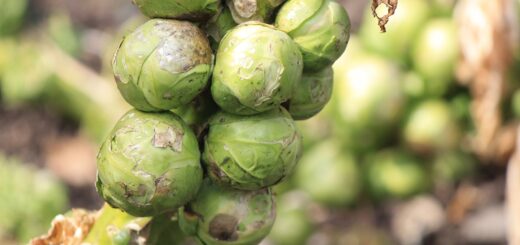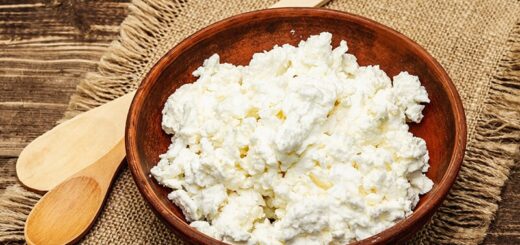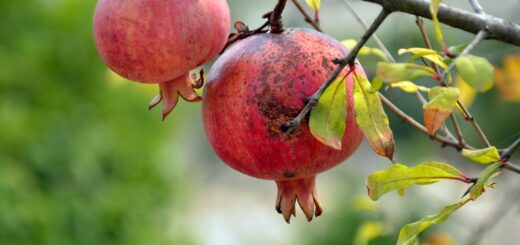Herbs For Diabetes-The Top 10 Natural Remedies for Diabetes
In the realm of managing diabetes, exploring natural ways to complement conventional treatments is a path many choose to follow. Herbs, with their long history of medicinal use, have gained recognition as potential allies in diabetes management. In this article, we’ll introduce you to the top 10 herbs for diabetes, shedding light on their properties and how they might offer support to those navigating the challenges of this condition. While herbs are not a substitute for prescribed treatments, understanding their potential benefits can empower you to make informed choices about your diabetes care. Join us as we delve into the world of herbal remedies for diabetes and uncover how these natural wonders may contribute to your journey toward better health.
Table of Contents
10. Insulin Plant or Costus Igneus
Costus Igneus, commonly known as the insulin plant, is native to India and is renowned for its anti-diabetic properties. It’s believed that the consumption of its leaves, which are considered herbs for diabetes, can help lower blood glucose levels. Recent research has further fueled interest in this plant’s potential to assist in diabetes management.
One notable study found that diabetic patients who consumed either one fresh leaf or one teaspoon of shade-dried leaf powder in the morning on an empty stomach, while continuing their conventional diabetes treatments, experienced a significant reduction in their blood sugar levels starting from day 15. Additionally, individuals with nonhealing leg ulcers and recurrent urinary tract infections reported improvements within fifteen to sixty days of regularly consuming its leaves. This makes Costus Igneus a noteworthy herb in the quest to manage diabetes naturally.
9. Giloy
Giloy, scientifically known as Tinospora cordifolia or guduchi, is a herbaceous vine with a rich history in Ayurveda, the traditional Indian system of medicine.
This versatile plant boasts anti-inflammatory, anti-allergic, anti-malarial, and anti-diabetic properties. Of particular interest is the alkaloid berberine present in Giloy, extensively studied for its anti-diabetic effects. Research has found that berberine can lower blood sugar levels, akin to the diabetes drug metformin.
To harness the potential benefits of Giloy, many individuals consume it in the form of giloy juice, prepared by blending its stems and leaves.
8. Cinnamon
Beyond being a delightful spice, cinnamon has shown promise in improving blood glucose levels and mitigating risk factors associated with diabetes.
One study, reported in the July 2000 edition of Agricultural Research Magazine, revealed that consuming just 1g of cinnamon per day could increase insulin sensitivity, potentially aiding in managing or even reversing type 2 diabetes.
Additionally, another analysis published in 2007 in The American Journal of Clinical Nutrition found that 6g of cinnamon could slow stomach emptying, significantly reducing post-meal hyperglycemia without affecting satiety.
7. Fenugreek
Fenugreek seeds have garnered attention for their potential to assist people with diabetes. These seeds are rich in soluble fiber, which can slow down the digestion and absorption of carbohydrates, thereby helping to lower blood sugar levels.
A study published in the International Journal For Vitamin and Nutrition Research found that a daily dose of 10 grams of fenugreek seeds soaked in hot water may aid in controlling type 2 diabetes.
In another controlled trial, incorporating 15 grams of powdered fenugreek seed into a meal for individuals with type 2 diabetes reduced the post-meal rise in blood glucose levels.
6. Ginseng
Ginseng, a well-known herb in traditional medicine, has roots that have been used for centuries to improve blood circulation, relieve stress, and help regulate blood glucose levels. Several animal studies have demonstrated that ginseng and its extracts can regulate blood glucose in diabetic mouse or rat models.
Moreover, ginseng berry extracts have been found to increase insulin secretion, thereby improving glycemic control in diabetic patients.
5. Ginger
Ginger is a potent anti-inflammatory herb that has been employed for centuries to aid digestion, combat the common cold, and alleviate pain. In the context of diabetes, scientific studies on ginger have suggested its potential benefits.
A study published in the August 2012 edition of the natural product journal Planta Medica proposed that ginger might enhance long-term blood sugar control in people with type 2 diabetes. Incorporating ginger into your daily diabetes diet plan could potentially yield positive results.
4. Oregano
Oregano, known for its culinary uses, is packed with healthful polyphenols and flavonoids that have been found to lower blood glucose levels. Scientific research has revealed that this herb contains compounds that could combat diabetes effectively.
According to a study published in the American Chemical Society’s Journal of Agricultural and Food Chemistry, oregano is rich in antioxidants and essential enzymes like polyphenols. Regular consumption of oregano may offer a natural means of reducing blood glucose levels.
3. Turmeric
Derived from the root of the plant Curcuma longa, turmeric has been used for centuries as a natural remedy for pain relief, improved digestion, and enhanced liver function.
The active compound in turmeric, curcumin, has been extensively studied for its anti-inflammatory and anti-diabetic properties. A 2013 review of studies indicated that curcumin could reduce blood glucose levels and mitigate various diabetes-related complications, suggesting a role in diabetes prevention.
2. Salacia oblonga or Saptrangi
Salacia Oblonga, also known as Saptarangi, is a woody shrub known for its remarkable anti-diabetic and weight loss properties. The bark of this shrub contains Salicinol and Kotolanol, compounds that help control blood sugar levels in type 2 diabetes patients.
Research conducted at Ohio State University demonstrated a significant decrease in insulin and blood glucose levels in healthy adults who consumed extracts of Salacia Oblonga.
For diabetes patients, making a powder from its root extract and consuming one or two grams of it daily may be an effective way to manage diabetes.
1. Curry Leaves
Known as kadi patta in India, curry leaves, also known for their potential as herbs for diabetes, are aromatic plants that not only add distinct flavor to dishes but also offer benefits in managing diabetes. Several scientific studies have confirmed their effectiveness in controlling high blood sugar levels.
A study published in the Die Pharmazie – An International Journal of Pharmaceutical Sciences demonstrated that the anti-hyperglycemic properties of curry leaves were beneficial in controlling blood glucose levels in diabetic rats. This research further noted that curry leaf extract was more effective than a certain anti-diabetic drug.
Throughout this exploration of the top 10 herbs for diabetes, we’ve witnessed the remarkable potential that nature’s pharmacy holds in complementing conventional diabetes management. Herbs, with their diverse properties, have shown promise in helping to regulate blood sugar levels, improve insulin sensitivity, and enhance overall well-being for those living with diabetes.
It’s crucial to remember that while herbs can be valuable allies, they are not a standalone solution. Managing diabetes is a holistic endeavor that includes dietary choices, exercise, prescribed medications, and regular medical check-ups. Herbs can play a supportive role in this journey, but they should be integrated into your diabetes care plan with the guidance of a healthcare professional.
As you explore the world of herbs for diabetes, always prioritize safety and quality. Ensure that the herbs you choose are reputable, and consult your healthcare provider before adding any new supplement or herb to your regimen, especially if you are already on diabetes medications.
In closing, the synergy between traditional wisdom and modern medicine opens doors to a more comprehensive approach to diabetes management. By embracing the power of herbs, you can empower yourself with additional tools to lead a healthier life while living with diabetes. Remember, your journey is unique, and with informed choices, you can find the right balance in your pursuit of well-managed diabetes.
